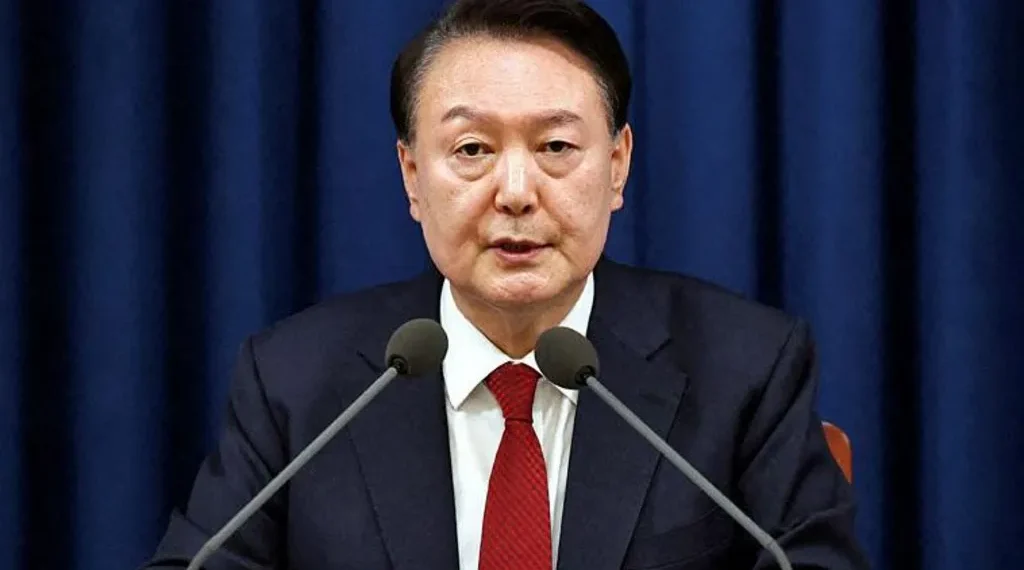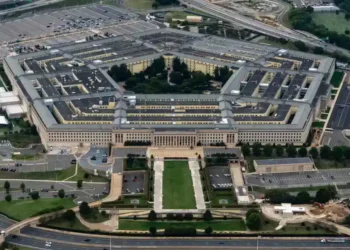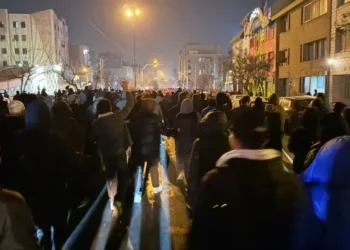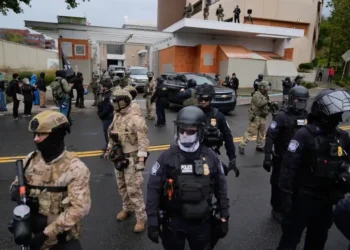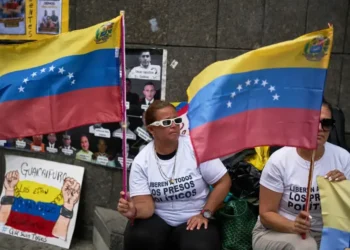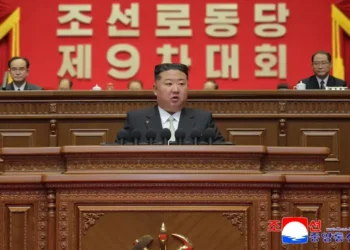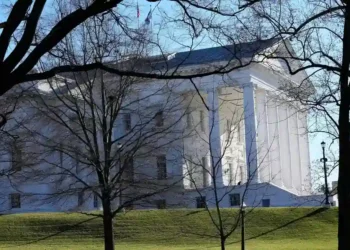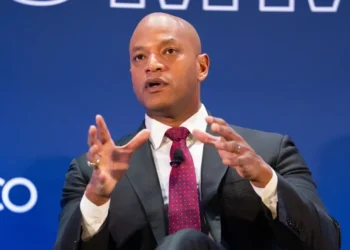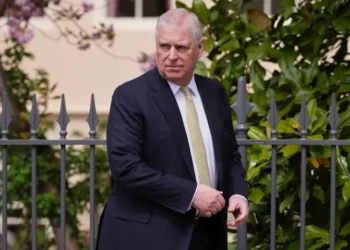South Korean President’s Martial Law Gamble Backfires: What Was He Thinking?
In a surprising and controversial move that sent shockwaves through South Korea, President Yoon Suk Yeol declared martial law during a late-night address. The announcement plunged the nation’s parliament into chaos, triggered protests across the country, and left his political future hanging by a thread. Less than 24 hours later, the decision was overturned, and impeachment proceedings were underway.
A Drastic Decision
Martial law was last implemented in South Korea in 1979 after the assassination of a military leader, marking the beginning of a repressive era. Today, South Korea is a thriving democracy, far removed from those turbulent times. However, President Yoon justified his action by claiming it was necessary to save the country from “dark forces.” He accused the opposition-controlled National Assembly of being a “den of criminals” working to “paralyze” the government.
The backlash was immediate and severe. Furious protesters and lawmakers surrounded the National Assembly, eventually forcing their way inside to vote down the martial law order. This marked a resounding rejection of Yoon’s bid to consolidate power.
Political Troubles Mount
Since narrowly winning the presidency in 2022 with the slimmest margin in South Korea’s history, Yoon’s leadership has been marred by controversy and declining approval ratings.
- In late 2022, his administration faced heavy criticism over its mishandling of a tragic Halloween crowd crush in Seoul, which claimed 159 lives.
- Scandals involving his wife, including allegations of accepting luxury gifts, have further tainted his presidency.
- His party suffered a significant defeat in parliamentary elections this year, leaving him politically weakened.
Even before his martial law declaration, Yoon’s approval rating had plunged below 20%, reflecting widespread dissatisfaction with his leadership.
RELATED POSTS
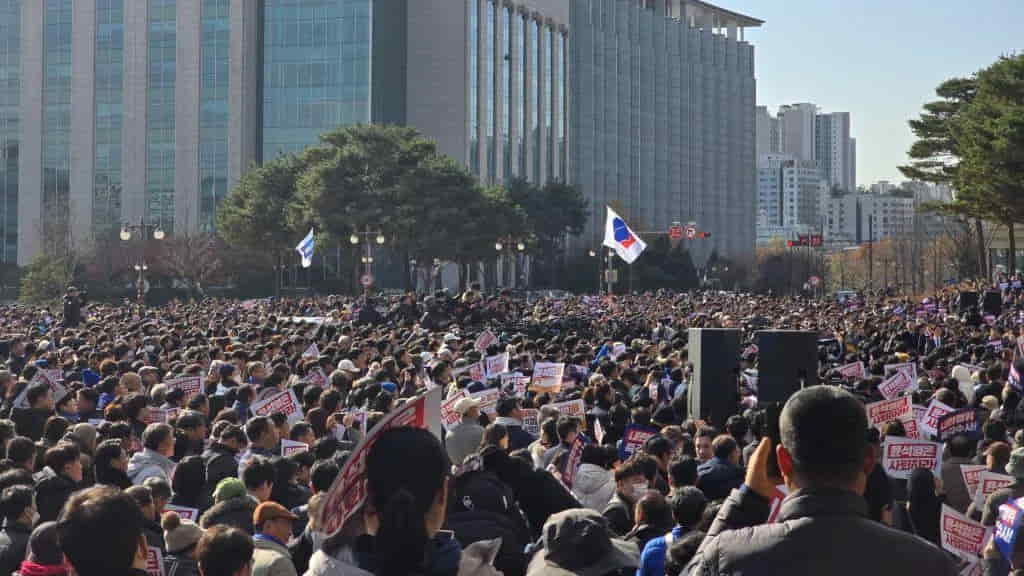
Misreading the Situation
Yoon’s Tuesday night address revealed his deep frustration with the opposition-controlled parliament. He referred to it as a “monster that destroys the liberal democratic system” and attempted to rally support by invoking threats from North Korea and so-called “anti-state forces.”
However, the president underestimated the resilience of South Korea’s democratic values. His actions served as a stark reminder of the country’s painful history with military rule, particularly the violent suppression of pro-democracy protests in Gwangju in 1980, where approximately 200 people were killed.
This historical context amplified the public’s outrage. For many South Koreans, Yoon’s declaration evoked memories of an era they are determined not to relive.
Motivations and Miscalculations
Speculation about Yoon’s motives has intensified. Some analysts suggest he was desperate to maintain control in the face of mounting political challenges and feared potential prosecution after leaving office.
South Korea has a history of prosecuting former leaders:
- Park Geun-hye was imprisoned for corruption.
- Lee Myung-bak faced a 17-year sentence for bribery.
- Roh Moo-hyun tragically took his own life during a corruption investigation.
In a political environment where legal action against former presidents is common, Yoon may have seen martial law as a drastic measure to safeguard his future.
A Career in Jeopardy
Yoon’s misstep has left him politically isolated. Calls for his resignation are growing louder, and reports suggest that members of his own People Power Party are considering expelling him.
South Korea’s democracy, though noisy and contentious, has proven resilient. The rejection of Yoon’s authoritarian move underscores the country’s commitment to upholding democratic principles.
Now, President Yoon must face the judgment of both parliament and the people, as his gamble to tighten his grip on power has instead placed his presidency in peril. This episode stands as one of the most serious challenges to South Korea’s democracy since the 1980s, and its repercussions will likely shape the nation’s political landscape for years to come.
This article was rewritten by JournosNews.com based on verified reporting from trusted sources. The content has been independently reviewed, fact-checked, and edited for accuracy, neutrality, tone, and global readability in accordance with Google News and AdSense standards.
All opinions, quotes, or statements from contributors, experts, or sourced organizations do not necessarily reflect the views of JournosNews.com. JournosNews.com maintains full editorial independence from any external funders, sponsors, or organizations.
Stay informed with JournosNews.com — your trusted source for verified global reporting and in-depth analysis. Follow us on Google News, BlueSky, and X for real-time updates.
